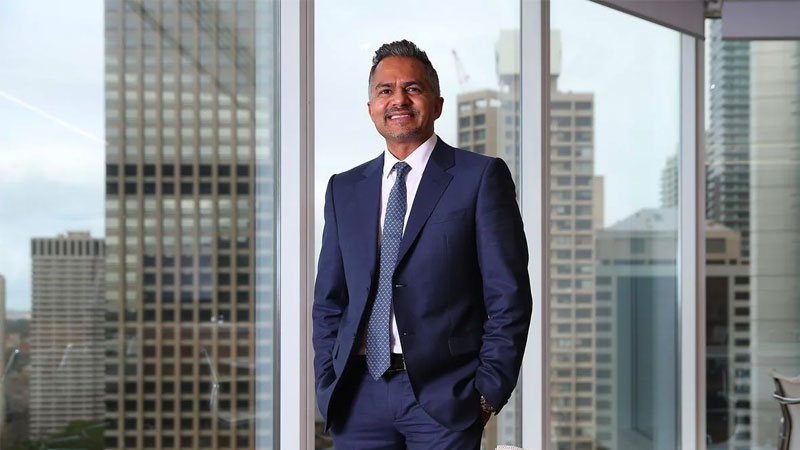More Apartments, Sheds As Stockland Reduces Retail Exposure
Stockland, the country’s largest listed residential developer, is planning to “dynamically reshape its portfolio” by dramatically increasing its exposure to apartments over the next five years.
Stockland’s Tarun Gupta, who at the start of June took over as chief executive, plans to offload up to $2 billion in shopping centres and retirement assets to allow more space within its development pipeline for apartment projects.
Gupta presented the company’s strategy during a two-hour session in Sydney which was subsequently released in an announcement to its shareholders.
He is now looking to bank on the company’s established portfolio ahead of the recommencement of international travel and an influx of international migrants.
Prior to the pandemic, new arrivals to Australia accounted for between 50 and 60 per cent of Stockland’s total housing demand.
Under Gupta’s new strategy, Stockland will re-weight its exposure to residential, workplace and logistics from 50 per cent to 70 per cent and cut back retail and retirement living from 50 per cent to less than 30 per cent of its portfolio.
It hopes its reduction in capital exposure across retail and retirement living will allow it to quickly recycle capital back towards new residential, workplace and logistics projects.
The company is riding a wave of detached home sales, brought forward by the pandemic—when as many as 20 per cent of customers traded the convenience of living closer to urban centres for a house further away from the city centre, with a garden and space to work from home.
Stockland is forecasting 6400 residential settlements for fiscal 2022 contributing to a residential operating profit margin of 18 per cent.

Gupta wants to further consolidate Stockland’s “market-leading position” in masterplanned communities by scaling up its land lease communities—a sector it has been pushing hard into.
These developments, also known as manufactured housing estates, sell affordable housing that downsizing Baby Boomers buy even as they continue to pay rent—often subsidised by Commonwealth Rental Assistance—on the land their dwelling occupies.
In July, Stockland secured a deal to acquire Queensland-based Halcyon Group and its land lease communities for $620 million.
The agreement includes the purchase of 3800 sites across 13 land lease communities, made up of six established land lease communities, four communities in development and three projects in planning.
Stockland also said it plans to invest heavily in multi-storey apartment projects while also “exploring” opportunities across the emerging build-to-rent sector.
Stockland currently holds a $33-billion development pipeline.
Almost $21 billion is currently tied up in almost 75,000 residential lots, 40 per cent of which are in NSW, 30 per cent in Queensland and 20 per cent in Victoria.
Its land bank in Western Australia is also growing, now 11 per cent of its portfolio, with the majority of its 5900 new lots added in the first three months of the year in and around Perth.
It has a further $3 billion committed towards major logistics hubs—in locations such as Kemps Creek in NSW and Melbourne Business Park in Victoria, $6 billion in office projects and $3 billion in almost 30 land lease communities.
Stockland has drawn a line through the middle of its portfolio; $21 billion in masterplanned communities with “strong embedded margins” and $12 billion worth of “high quality income producing and fee generating investment assets”.
It plans to have the majority of projects within its $12 billion slice underway or completed within the next five years.
Gupta has also reaffirmed the company’s commitment to capital partnerships, building on work former chief executive Mark Steinert began, such as the partnership with JPMorgan Asset Management announced in December to acquire up to $1-billion worth of industrial property over three years.
Stockland hopes to achieve this by targeting between 25 and 50 per cent in co-owned assets across a variety of sectors in order to access new rental income to replace its retirement living and retails funds from operation over time.
Meanwhile, Gupta has also looking to accelerate the company’s sustainability goals by bringing forward its Net Zero target by two years to 2028 by developing a carbon position “green portfolio”.















